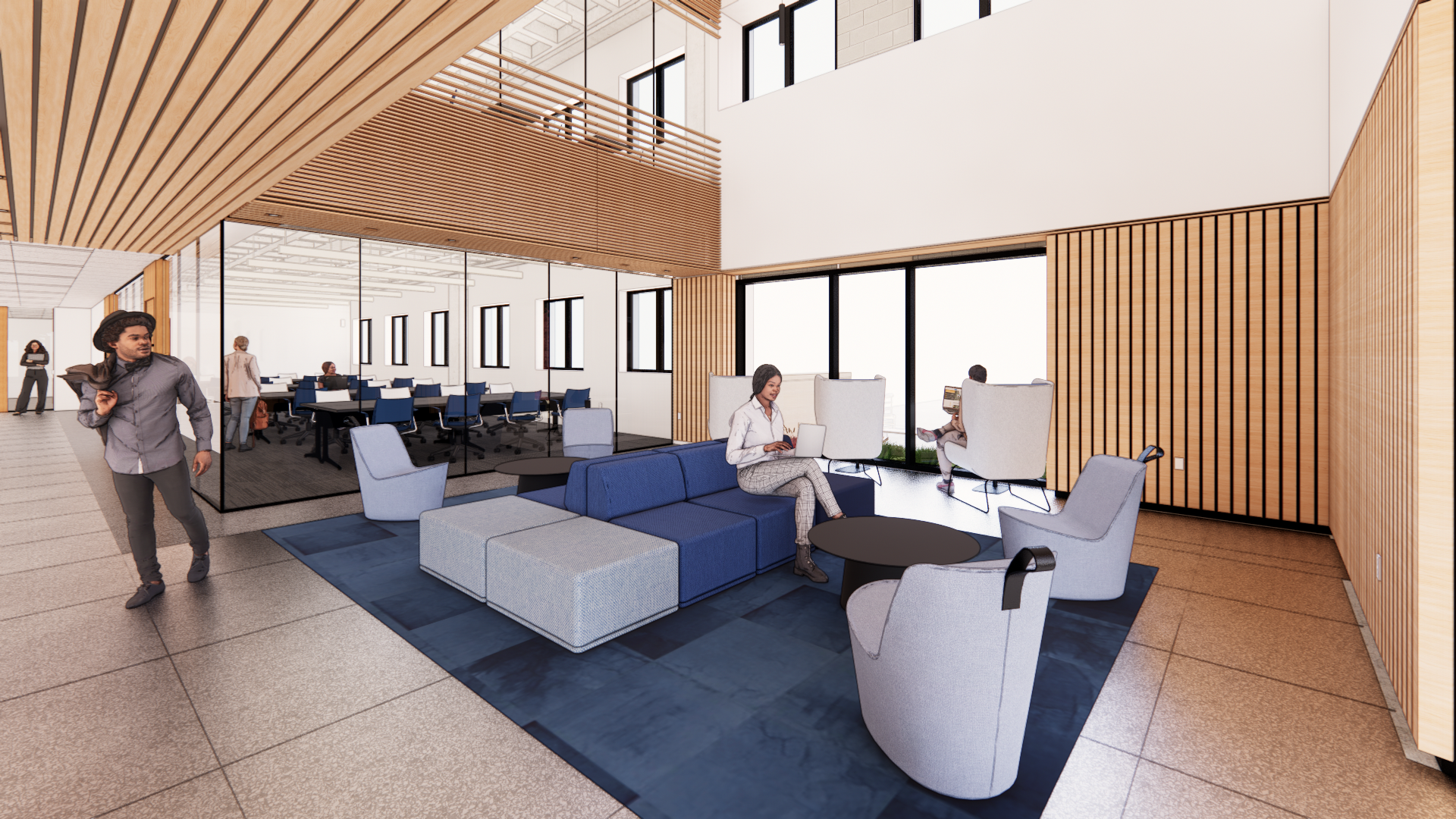Alumnus commits $10 million to support and expand opportunities in computer and data sciences
As AI and big data reshape entire industries almost overnight, Case Western Reserve alumnus Kevin Kranzusch (CWR ‘90) is seeking to keep his alma mater at the forefront—capitalizing on his past support of the university by committing an additional $10 million to further expand the computer and data sciences department in the university’s Case School of Engineering.
In 2019, when Kranzusch and his wife, Lynne Bosworth, made an initial $5 million gift to establish the department, Kranzusch envisioned it as a catalyst for positioning the university as a leader in the emerging sectors of big data and high-performance computing.
Two years later, the couple doubled down with an additional $5 million gift that supported two endowed professorships along with a fellowship to attract high-potential graduate students to the department. The results have been impressive.
“The biggest impact in our department has been in enrollment,” said Vipin Chaudhary, PhD, the department’s chair and the first of four Kevin J. Kranzusch Professors. Citing data from the end of spring semester, Chadhaury said enrollment has “more than doubled since 2020, and in the last two years, we have grown 60% in undergraduate enrollment and 65% overall. With the surge in enrollment, the timing of the additional support could not have been better.”
Through Kranzusch’s third investment phase, the department will benefit from a $3 million endowment fund to support faculty project startup funds, teaching needs and curriculum development; a $2 million increase in the Kranzusch Fellows Fund; $2 million to create a third endowed professorship; and $3 million to create an endowment for student success.
“Kevin shares our vision for the department, and his continued partnership is a key piece of its future,” said Venkataramanan “Ragu” Balakrishnan, PhD, the Charles H. Phipps Dean of the Case School of Engineering. “In 2019, he trusted us with a significant investment that has served as the launching pad for growth, including funds to support faculty hires and student experiences. Now, he’s seen the promise the department holds and is helping us take the next steps. Once again, we are extremely grateful.”
While Kranzusch is confident each of the four components of his latest commitment are vital to the department’s continued growth, it’s the student success piece that excites him most.
“Phase three is primarily about the students,” said Kranzusch, vice president at NVIDIA, the multinational technology company renowned for inventing the GPU (Graphics Processing Unit). “I want to make sure the department can be sustained over time and that the students—both undergrad and grad—actually see the benefits of it. That means bringing in yet another professor, increasing the fellowship grants and funding student activities like student travel, student meetings and probably a lot of student pizza parties—building up that feeling of belonging in the department to make sure it’s all coming together.”
It’s a spirit leadership and faculty will need to foster with the department’s fast growth: As the spring semester came to a close, nearly one in eight degree-seeking undergraduates at Case Western Reserve had declared majors in the department’s programs.
“We appreciate Kevin and Lynne’s continued support for the computer and data sciences department and their commitment to student success,” said Case Western Reserve University President Eric W. Kaler. “The impact of their initial two investments on enrollment demonstrates the clear demand for expanding computer and data sciences coursework and research. This significant third gift will further strengthen and solidify the department’s long-term success.”
The continued growth of the Department of Computer and Data Sciences will be supported by extensive renovations of Olin Hall—funded in part through support from Kranzusch. When it reopens this fall, in addition to an exterior makeover, the building will include modern student lounges, recitation and study spaces, and a research lab to perform interdisciplinary research.
Originally published in the summer 2024 issue of Forward Thinking magazine



